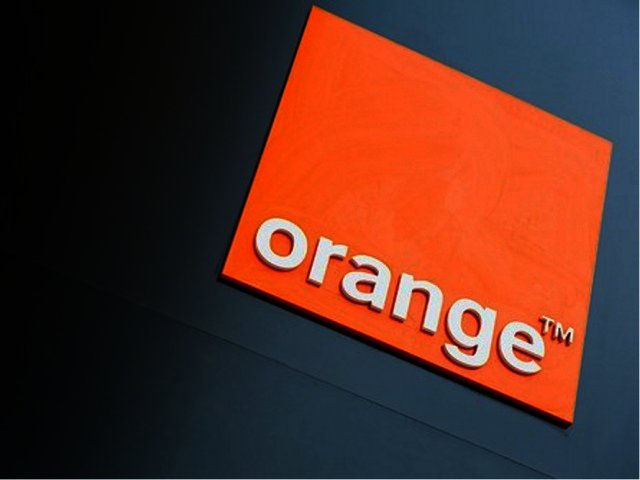As mobile Internet usage has grown exponentially the world over, South Africa has in turn leveraged from faster network connectivity. The fifth generation (5G) network will provide more than just faster connectivity for local businesses and consumers, as it seeks to deliver a range of benefits for mobile networks. These include being able to carry more data traffic at greater speeds, with more reliability, while connecting a myriad of devices to the Internet.
“It is common knowledge that people in Africa have easier access to mobile phones than clean drinking water,” he says. Due to the prevalence of mobile connectivity in Africa, the path to 5G is appropriately timed. “However, 5G will not have the same short period roll-out as 3G and 4G, but rather a gradual introduction.”
With roughly 17 out of 54 African countries already having rolled-out LTE networks, the technology infrastructure path has been paved for 5G. With 2020 nearing, we are expected to see over 30 billion connected devices across the globe. Juggernath says, “It is predicted that Japan will have the first commercial roll-out of the 5G network by 2020, which could mean that South Africa will only leverage the 5G network in the next two to three years.”
Here are five things South Africa should expect from 5G:
1. 5G will be faster
It will be much faster than 4G LTE. The ability to handle massive data speeds, fast enough to watch mobile 4K videos and deliver broadband to homes and businesses without the need to deploy fiber infrastructure, for example. It will also be fast enough to power remote virtual reality (VR) applications for enterprise and personal use.
2. Faster moving
When using 3G and 4G networks, end-users travelling on a train or in a car often struggle to maintain a consistent connection, as the network is unable to hand the device over from one cell to the next quickly enough. 5G aims to address that issue and support devices travelling at several hundred kilometers per hour.
3. More connections
5G networks will be required to support a very large number of devices per cell. These will include Internet of Things (IoT) connectivity in connected cars, street furniture, environment sensors, wearable devices, the connected home, and in businesses across sectors and territories.
4. Network slicing
An interesting idea with big potential benefits for enterprises and multinational enterprises in terms of 5G is network slicing, where the network is virtually partitioned depending on need and usage. Carriers can dedicate different parts of network capacity to particular subscribers or applications, meaning, for example, that one 5G network can be simultaneously a fast broadband network for smartphones and a low-power, low latency, cost-efficient platform for specific IoT applications.
5. Cross-industry collaboration
The sheer scale of 5G networks means everybody becomes a stakeholder; and with more stakeholders comes the need for more collaboration than ever by those in various industries. For instance in the automotive, transport, healthcare, entertainment, and emergency services industries and all other potential 5G-industry users.
Mobile data in Africa is key to driving economic development. “5G provides benefits that have the potential to change lives on the African continent, and will bring with it immense innovation which will provide a better life for all those living in Africa – the possibilities are endless and the countdown is on for South Africa’s road to 5G,” concludes Juggernath.





